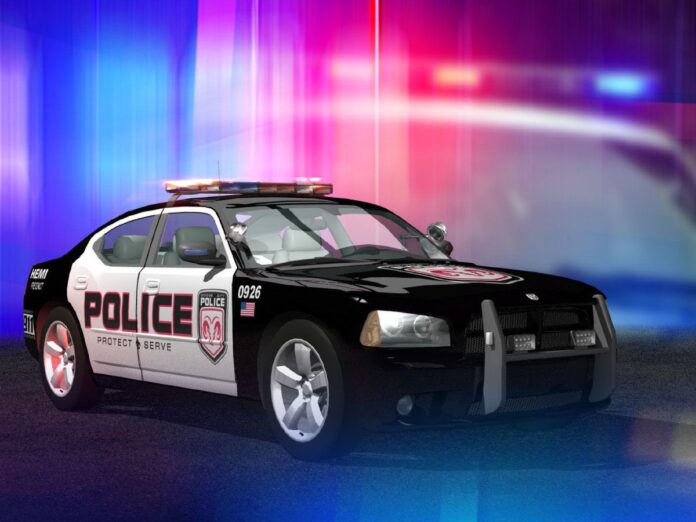HARLINGEN — There were only five DWI arrests made between Dec. 18 and Jan. 3.
During a time, the holidays, when one would expect a rash of DWI related incidents, there was only a handful.
Police Sgt. David Osborne said it could be because of the education platforms the state and the Harlingen Police Department have implemented in the last year.
Through the help of the Impaired Driving Mobilization Step Grant, the Harlingen Police Department, in partnership with the Texas Department of Transportation, focused on conducting saturation patrols in high-risk locations during this past holiday season.
The patrols concentrated during times when alcohol-related crashes are most frequent.
“I think people are starting to get the message,” Osborne said.
There wasn’t much difference from last year. Osborne said DWI’s around the same time came out to four or six arrests.
The grant is intended to help the departments fund overtime for extra officers who went on patrol during peak times this holiday season.
In previous years, the department has utilized the grant at peak holiday times, like the Christmas holidays, New Year’s Eve, Spring Break, the Fourth of July and Labor Day.
With a new standard in Cameron County for all departments, every weekend is a “no refusal” weekend. Osborne said the new policy is seen as a deterrent for some.
“Not everybody has received the message,” Osborne said. “But the campaign is starting to sink in.”
Osborne said more drivers are starting to rely on a designated driver rather than getting into a car drunk and driving, potentially harming themselves or someone else.
The new policy means drivers who are believed to be drunk will be stopped and asked to take a breathalyzer test.
Drivers who refuse are arrested and forced to give a blood sample or take the breath test.
In Texas, a blood alcohol concentration of 0.08 or higher is considered legally impaired.
However, many drivers refuse to submit to breath testing in an attempt to avoid criminal charges.
Police and other law enforcement officials will work in coordination with prosecutors and judges to quickly obtain warrants for a blood draw for a driver who refuses a breath test.
Police Sgt. John Parrish has said local police try to test as fast as possible.
“You do one breath test, you let the person sit for a while and then you do another one,” he said.
“The way that we have set this up, there really won’t be much of a time difference (if a person refuses a breath test.) Once the person has been arrested, they will be read their warnings and then transported directly to the hospital. The initial arresting officer during that time will be writing the warrant while this is happening and it will go straight to the judge.”
So, by the time the person is transported to the hospital the other officer should be following behind with the signed warrant for a blood draw.
“It can be damning evidence,” Osborne said.





